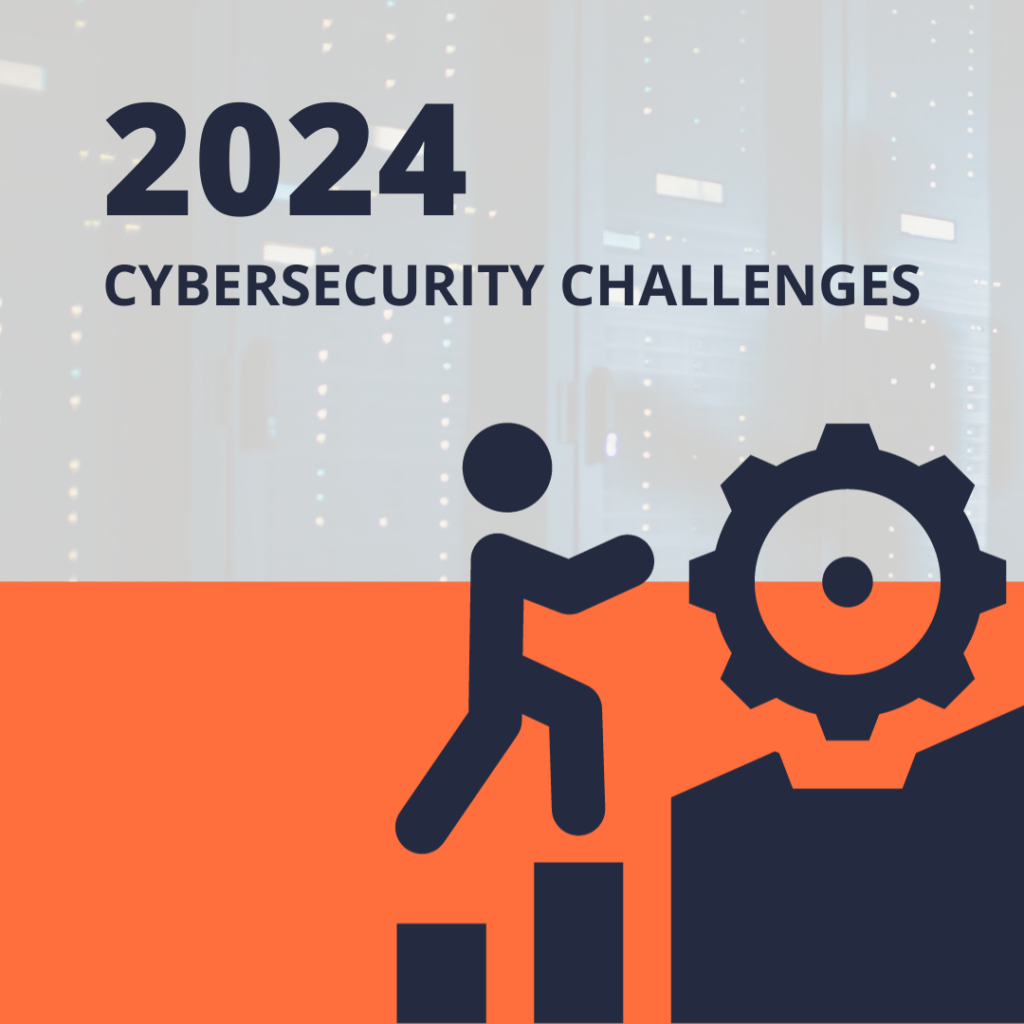Cybersecurity issues and challenges will continue to provide fodder for crisis-related situations for companies, organizations and governments, according to a recent report from Forbes 6 Predictions About Cybersecurity Challenges In 2024 (forbes.com) based on the observations and predictions of cyber experts and observers. Among those challenges are:
New Avenues For Cybercrime. “Cybersecurity is only going to become a more difficult field,” Rob Price, director of field security at Snow Software. “AI has created new avenues for cybercrime, and proactive vigilance against attacks will become an increasingly important priority.” He further said that this will be especially difficult because we are going to continue to see a lack of security personnel and manpower required to fulfill some of the functions of cybersecurity management – a shortage that has the potential to grow.
Teams of recruiters at MRINetwork, many of whom come out of the cybersecurity industry have responded to this challenge. They are putting their experience, expertise and knowledge of the players in the industry to work for their clients, locating viable candidates, often from other sectors, who have the transferrable skills to fill the gaps in the cybersecurity workforce. Since 2021 they have placed over 300 professionals in this growing sector.
An Uptick in Disruptive Hacktivism. “Everyone should be prepared for global activity around the myriad major events being held throughout 2024, including the U.S., European Parliament and other elections, as well as the Summer Olympics in Paris,” according to Google Cloud’s Cybersecurity Forecast report for 2024. “Additionally, as major global conflicts continue into next year, be prepared for an uptick in disruptive hacktivism. The cybersecurity landscape is constantly evolving, sometimes in new and unexpected ways. Defenders, often with limited resources, have the monumental task of keeping up,” the report warns.
Election Interference. With the widespread adoption of generative AI, “we are likely to see AI supercharging election interference in 2024,” Shivajee Samdarshi, chief product officer at Venafi, said via email. “From the creation of convincing deepfakes to an increase of targeted misinformation, the concept of trust, identity and democracy itself will be under the microscope. This will put [an] even greater onus on individuals to scrutinize and make informed decisions and on media platforms to root out false content,” he predicted.
More Targeted Attacks. “The nature of cyberattacks is becoming more targeted, focusing on specific digital infrastructures of individual companies,” said Nenad Zaric, CEO and cofounder of cybersecurity firm Trickest. “This requires a bespoke approach to cybersecurity, moving from generic solutions to more tailored strategies that can address unique vulnerabilities and threats. In a world at war, malicious actors are increasingly targeting the critical infrastructure of companies and even countries.”
Fooling Users. “Hackers will likely use AI to analyze vast amounts of data and launch targeted attacks. AI-driven phishing attackers capable of generating highly convincing and personalized messages, which trick users into revealing sensitive information, may increase,” warned Stefan Schiller, a vulnerability researcher at Sonar.
Leveraging AI Tools. Emerging threats “where monitoring for and detecting cyber threats will increasingly become a ‘fool’s errand’ where it will be impossible to distinguish between what good and bad looks like,” Peter M. Tran, the head of global cyber infrastructure and product security solutions at InferSight.
